Edited by Professor David W. Orr, this collection of essays from scholars and political leaders proposes a new political order to navigate the transition to a post-fossil fuel era. From citizen advocacy to urban design and education, the authors address the intertwined crises of democracy and climate change, advocating for the reform of democratic institutions to combat climate chaos. The essayists offer few easy or even practical solutions; given the daunting challenge of tackling climate change and revitalizing democracy, their remedies call for revolutionary change.
Humanity stands at a critical juncture, facing the choice between catastrophic decline and a historic shift toward a better future.
In 2022, extreme weather events underscored the reality of climate change, with record temperatures in London, severe droughts across Europe and China, and unprecedented flooding in Pakistan. These events, alongside escalating greenhouse gas concentrations, signal a worrisome trend toward an unpredictable and hazardous climate future, one that will stress ecosystems, societies, economies, and political systems.
A tenuous hope endures. In 2022, the United States enacted its first significant climate legislation. Renewable energy has grown more viable and popular, and a growing societal and business consensus has emerged on sustainable practices. Looming over this progress, however, is a history of missed opportunities and political challenges that hinders effective climate action. The inaction of the past, influenced by political and economic interests, has already eroded safety margins, making the necessary changes simultaneously more daunting, urgent, and unavoidable.
The climate crisis, intertwined with...









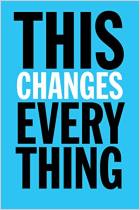
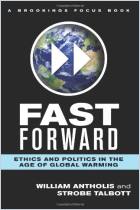
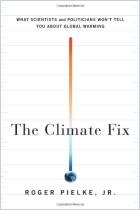
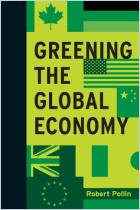
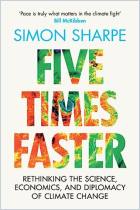
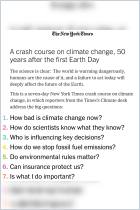





Comment on this summary or Начать обсуждение